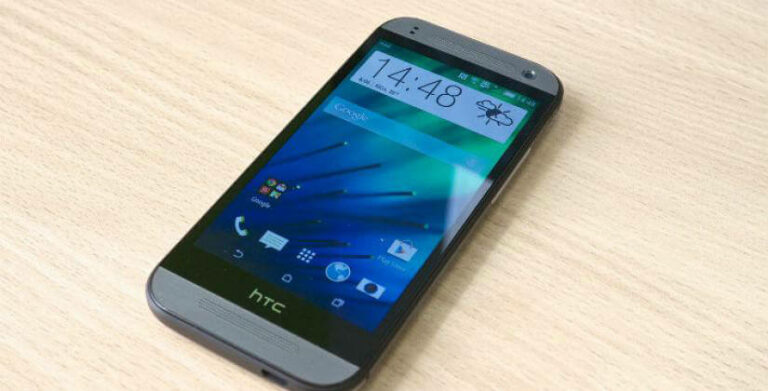“Golden age” for small businesses?
According to Lord Young, small businesses are entering a "golden age" thanks to advances in technology and changes in consumer behaviour.
Lord Young, enterprise advisor to the government has released a new report, suggesting that small businesses are entering a “golden age”.
The report thanks technology and the internet for helping small businesses to be able to reach and sell to customers. It also states that these factors have been instrumental in helping to make many businesses actually viable. Lord Young also suggests that the culture has changed since the last recession, when many people saw working for themselves as their only option. He says that now, people are more willing to follow their dreams and see their business venture as an opportunity.

His report looks back at the last five years and is quite a change from the Bolton Report in the early 1970s, which concluded that small firms would struggle to survive in the future.
Here we look in a bit more depth at the key factors identified in this report as responsible for helping businesses to flourish.
Better technology
There is no doubt that technology has improved leaps and bounds in the last few decades – consider smart watches and 3D printing for example. While many advances are not widely used by small business (or not yet), these technology improvements have resulted in lower costs for small firms. For example, the equivalent costs of computer hardware are much lower today compared to ten years ago.
As technology has become more sophisticated, there are also more ways businesses can benefit. Even micro-businesses can take advantages of automation and other tools that make it quicker and easier to perform tasks. This can increase productivity and reduce the need to employ as many staff – if you need to hire any at all. While this could be viewed in a negative light with the potential job losses it causes, it’s good news for small businesses, as it means you can get more done for less money.
Technology changes are also now responsible for a whole host of new trades and companies, such as web developers, digital marketing agencies and app creators. It’s no wonder that a large number of start-ups are tech companies.
The internet
While this could technically come under the heading above, it deserves discussion in its own right, as it has completely transformed how businesses are able to run and provide their services.
The internet has made it much easier to source suppliers, compare business premises and research competitors. For many businesses, it’s also a key channel for marketing and selling to customers – through websites, social media and email campaigns to name a few.
The internet that means that customers are no longer restricted to physical shop opening hours, so businesses can be visible and ‘open’ 24 hours a day. It also means businesses are not restricted by their physical boundaries – it can open up the international market if you’re able to sell your services or products abroad.
All of these factors have helped smaller firms to play on a more even footing with larger competitors.
Consumer behaviour
The number of consumers that own smartphones and tablets has risen at an astonishing rate. In the UK, approximately 80% own a smartphone and 47% own a tablet – and more people than ever are buying from these devices. In a survey by Fcom on internet usage in December 2014, 30% of respondents said their tablet was their most important device to connect to the internet with, just ahead of laptops at 29%.
Last year the online retail market grew by 14% and it was the first time ever that online retail sales broke through the £100 billion barrier. And a larger proportion of these sales are being made using mobiles and tablets. According to the IMRG Capgemini Quarterly Benchmarking report, visits to retail websites using mobile devices overtook those by desktop for the first time ever in 2014, with 37% of UK online sales being completed on a tablet or smartphone. Considering that in 2010, visits to these websites from mobiles didn’t even amount to 3% of the total traffic, this a huge increase – 4,000% in fact.
While there are still many challenges for small businesses, their future is certainly a lot brighter than that predicted in the Bolton Report many years ago. However, to take advantage of the changes above, small businesses need to ensure they’re keeping up to date with technological advancements and that their business is online.
Author:
BizSpace
BizSpace is the UK’s leading provider of regional flexible workspace. For over 20 years we have been offering office, studio and workshop units to a wide range of businesses in convenient regional locations across the country. We are owned by Sirius Real Estate, a commercial property operator, that is supporting us on a journey to significant growth.
More BizSpace News

Blog
Finding a Small Industrial Unit or Workshop to Rent
Let’s be honest with each other, finding a ‘perfectly sized’ industrial unit for your business isn’t exactly fun. It’s time-consuming,…
Find out more
Blog
Designing your ideal office: 8 top tips
Focus on comfort and practicality when designing your office space, considering layout, light, furniture, clutter and accessories.
Find out more
Blog
What is a Satellite Office?
Businesses are now finally able to return to some sense of normality in our post-COVID society. There has been plenty…
Find out more